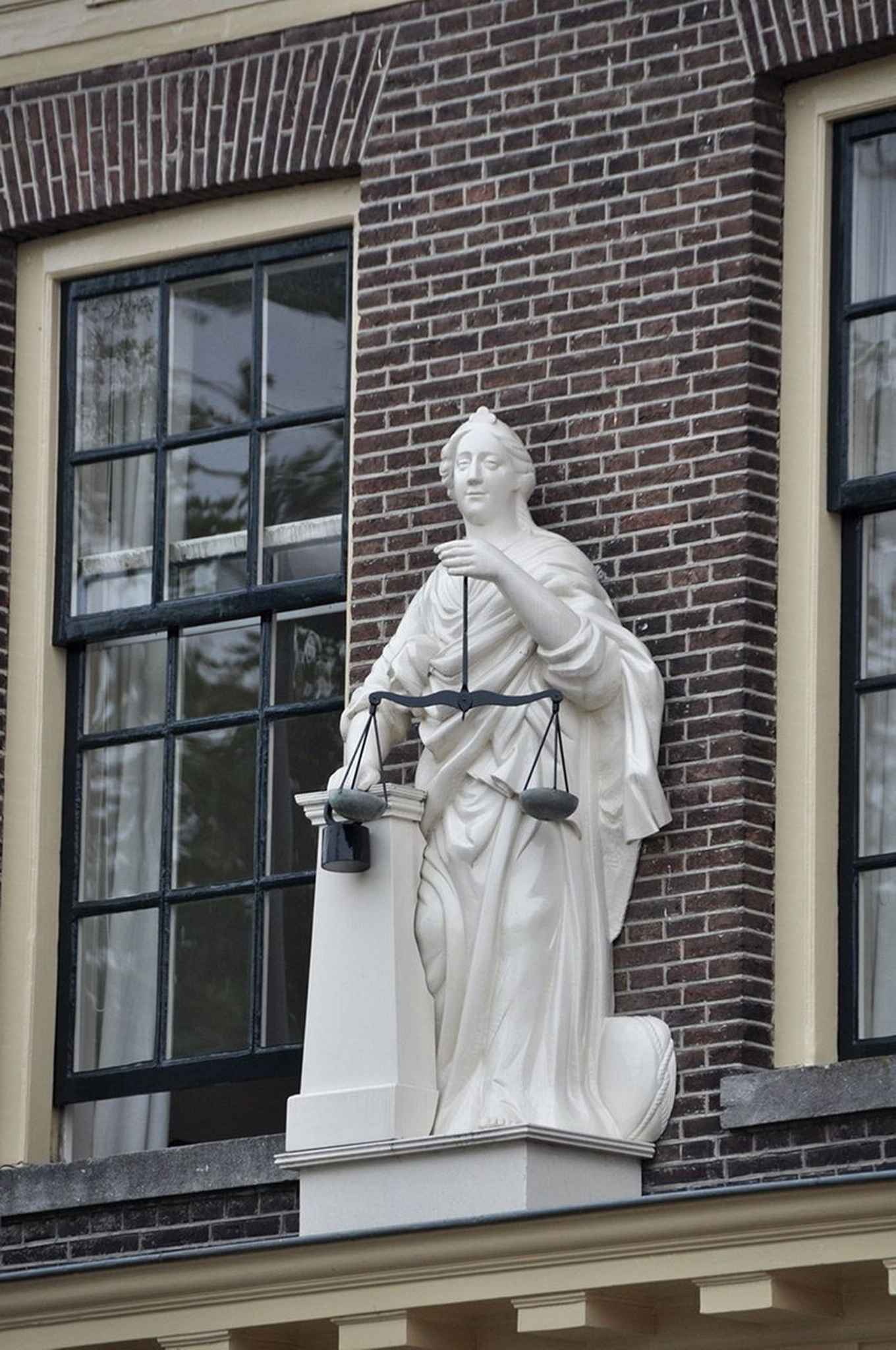What should states do to prevent torture, killings and genocide?
27 February 2017

The prevention of gross human rights violations has received much attention in recent decades as a result of, among other things, the genocides in Rwanda and Srebrenica. Concepts like conflict prevention and what is known as the responsibility to protect -doctrine have been developed. The latter, according to Van der Have, entails that states have to protect people within their borders from certain violations. The international community must support states and intervene when a state manifestly fails in this regard. Diplomatic channels are the preferred option, but force may be necessary. Nevertheless, the legal obligations of states to prevent gross human rights violations have remained unclear. For Van der Have this was reason enough to identify and analyse states' obligations to prevent from the perspective of international human rights law.
Torture, genocide and arbitrary killing
‘I focused on three forms of gross human rights violations’, says Van der Have. ‘Torture, genocide and arbitrary death.’ She also distinguishes between different time phases: long-term obligations and short-term obligations, obligations when human rights violations take place and obligations aimed at preventing recurrence of a violation that has taken place. The short-term obligation is triggered once a state is aware of the risk of a human rights violation. What exactly should the state do in such situations? ‘That depends on the nature of the threat and precisely what the state knows, so it is difficult to say’, says Van der Have. Long-term obligations are often more concrete: ‘In this phase, for example, a state has to criminalize murder or hate speech and introduce safeguards against torture in prisons.’
Denial
In practice, though, it remains difficult to enforce these obligations. ‘A state has a fair degree of discretion. ‘They may deny knowledge of an on-going violation by not using the word “genocide”, for example’, explains Van der Have. And where there are several duty-bearing states, they can pass the buck whilst the violations continue. Moreover, the United Nations Security Council is the only body with the power to sanction international interventions involving force, but the right of veto of the five permanent members often results in a political deadlock.
In addition, states are not always held accountable for violations after the fact, for example because of the diplomatic consequences. ‘Picture a situation where the Netherlands would want to bring a case against the United States before the international Court of Justice because President Trump allows the use of torture for the interrogation of terrorist-suspects. This would of course have consequences for the relationship with the US.’ She hopes that her research will in any event provide greater clarity regarding the content and scope of obligations to prevent and create an opportunity for further development of law. Van der Have: ‘The increased attention paid to prevention and human rights obligations outside a state's own territory are a positive development.’
Details
N. S. van der Have, The Prevention of Gross Human Rights Violations under International Human Rights Law. Her principal supervisors are Prof. P. A. Nollkaemper and Prof. Y. M. Donders. Dr R. van Alebeek (PhD) is co-supervisor.
Time and location
The PhD defence ceremony will take place on Wednesday, 8 March, at 14:00.
Location: Agnietenkapel, Oudezijds Voorburgwal 231, Amsterdam.